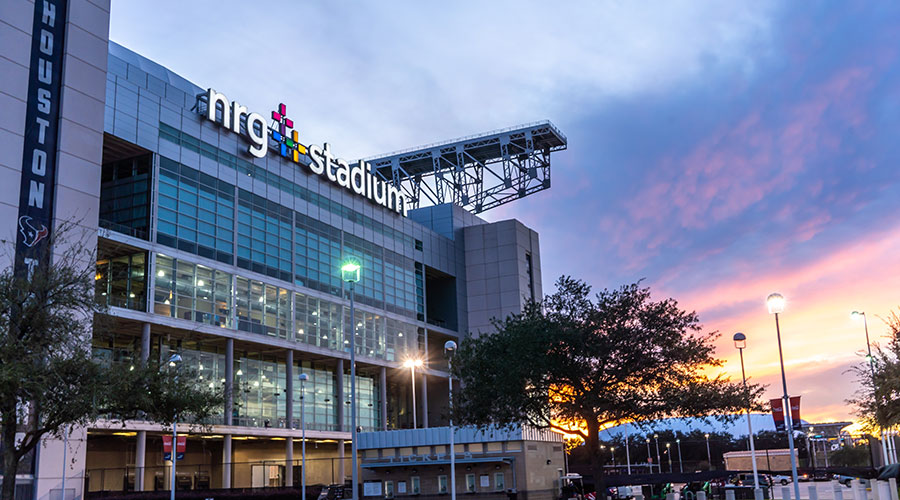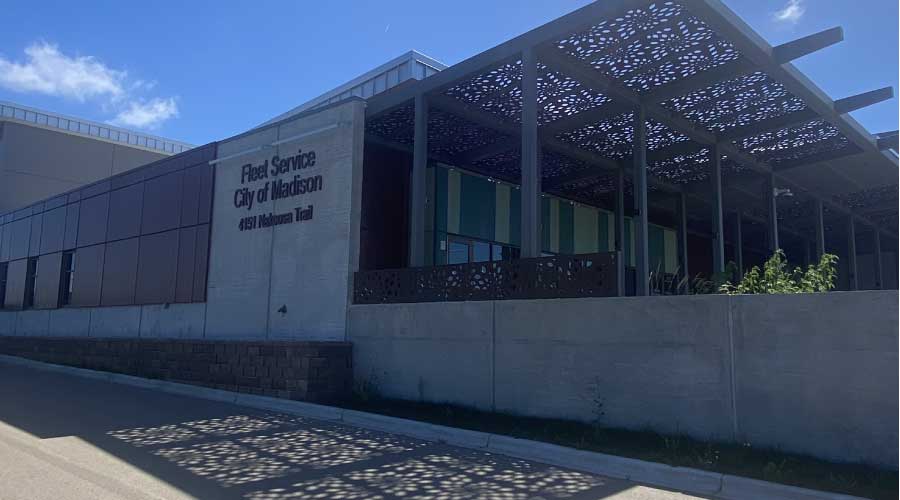It's Time to Catch Up to Climate Change Science
What's certain is that climate change action is coming. What's uncertain is whether it'll take the form of a Green New Deal, cap-and-trade, carbon tax, or mandated greenhouse gas emissions reductions.
By Edward Sullivan, Editor
The 2020 election is likely to present a very clear choice on climate change. Several announced Democratic candidates for president have signed on as cosponsors of a non-binding resolution that aims to create a Green New Deal; that resolution calls for a 10-year national mobilization based on a range of economic and environmental measures that include upgrading all U.S. buildings for energy efficiency and meeting 100 percent of U.S. power demand from clean, renewable, and zero-emission energy sources.
By contrast, the Trump Administration has announced plans to scrap the Obama Administration’s Clean Power Plan, which aimed to cut greenhouse gas emissions from power plants.
Proposals to address climate change have never been seen as popular with voters. But there are signs 2020 could be different. Polls show rising public concern about climate change. A bipartisan group of Congressional representatives introduced a bill to create a carbon tax, an idea that has drawn support from some senior figures who served in the George H.W. Bush Administration. And a group of Republicans in the House has signed on as cosponsors of a non-binding resolution that calls for action on climate change.
Any serious plan to tackle climate change will have to address the greenhouse gas emissions associated with buildings. One example is a New York City law that requires large and medium-sized buildings to cut greenhouse gas emissions 40 percent by 2030 and 80 percent by 2050. That law is controversial, but it represents a serious attempt to grapple with an urgent problem.
Measures like that one and the Green New Deal resolution begin to change the terms of the debate. Facility managers should be thinking about a future that might include anything from a carbon tax to a cap-and-trade system to mandated reductions in greenhouse gas emissions. Even if 2020 doesn’t bring a national consensus about the need for a strong federal initiative, increasing public support for action on climate change will put pressure on organizations to take voluntary steps. Regardless of how the election plays out, it makes sense for facility managers to identify opportunities for significant improvements in energy efficiency, to educate top management about those opportunities, and to begin implementing those upgrades.
Tell me what you think at myfacilitiesnet.com/edsullivan
Related Topics:












